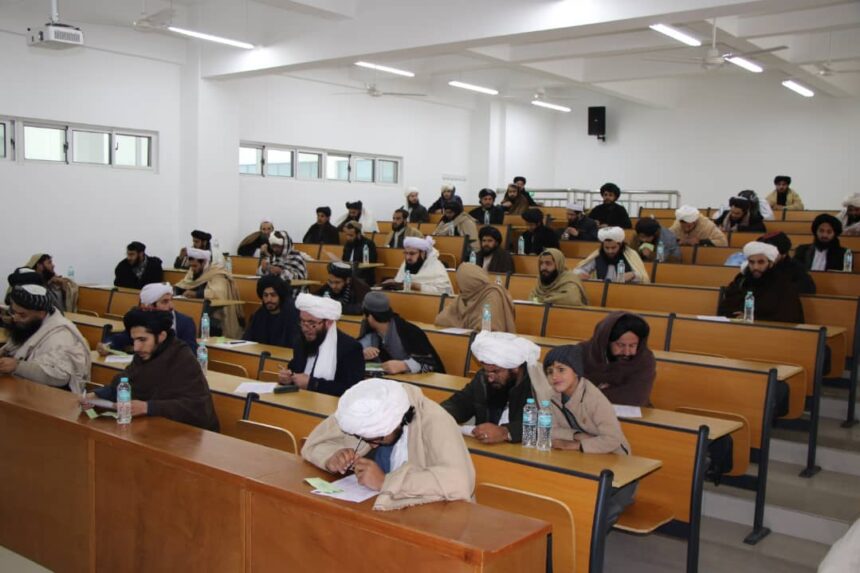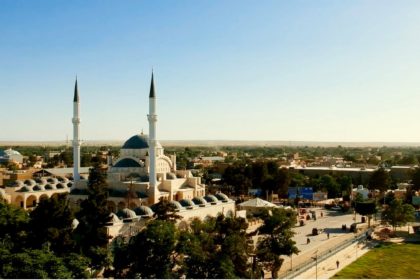RASC News Agency: The Taliban, in a statement from their Prime Minister, have prohibited religious scholars from engaging in controversial debates and discussions in the media. They have also stipulated that students should not be invited to events and gatherings. The statement outlines guidelines for religious scholars, emphasizing the need to “prevent disputes and superstitions.”
Moreover, it stresses the importance of avoiding “contentious discussions” that could pave the way for debates. In the statement released on September 21, it warns that “those scholars who incite divisions, promote superstitions, and continue to use inappropriate discussions and debates in public media sow discord and confusion among the people and seek notoriety through these means should not be invited by respected educators or the public to participate in gatherings, ceremonies, or meetings. They should not be afforded any platform for their activities, nor should anyone attend their sessions, as their statements are detrimental to the Islamic community and lead to strife and discord.”
The statement further advises religious scholars to refrain from “rare topics and individual statements that could incite unrest and are not comprehensible to the general public.” It emphasizes that scholars should only address matters that contribute to the welfare and prosperity of both this world and the hereafter, thereby fostering unity and harmony.
Additionally, the Taliban have prohibited the dissemination of “specific curricula and mystical topics.” This imposition on religious scholars comes amid challenges to the group’s actions and decrees from some clerics. Recently, Sibghatullah Maulawizadah, a member of the Higher Islamic Institute in Herat and a prominent cleric, invited Neda Mohammad Nadeem , the acting Minister of Higher Education, to a scholarly debate regarding the education of girls.
Nadeem asserted that the ban on girls’ education is not contrary to Islam, inviting anyone who can substantiate the education of women under Hanafi jurisprudence to present their case for discussion at his ministry. He expressed that the Higher Islamic Institute in Herat is prepared to engage in scientific discourse regarding the “legitimacy of female education” with the acting Minister of Higher Education in front of national and international media. The group claims that all its laws are “100% Islamic” and that opponents and critics of these laws will face prosecution.






